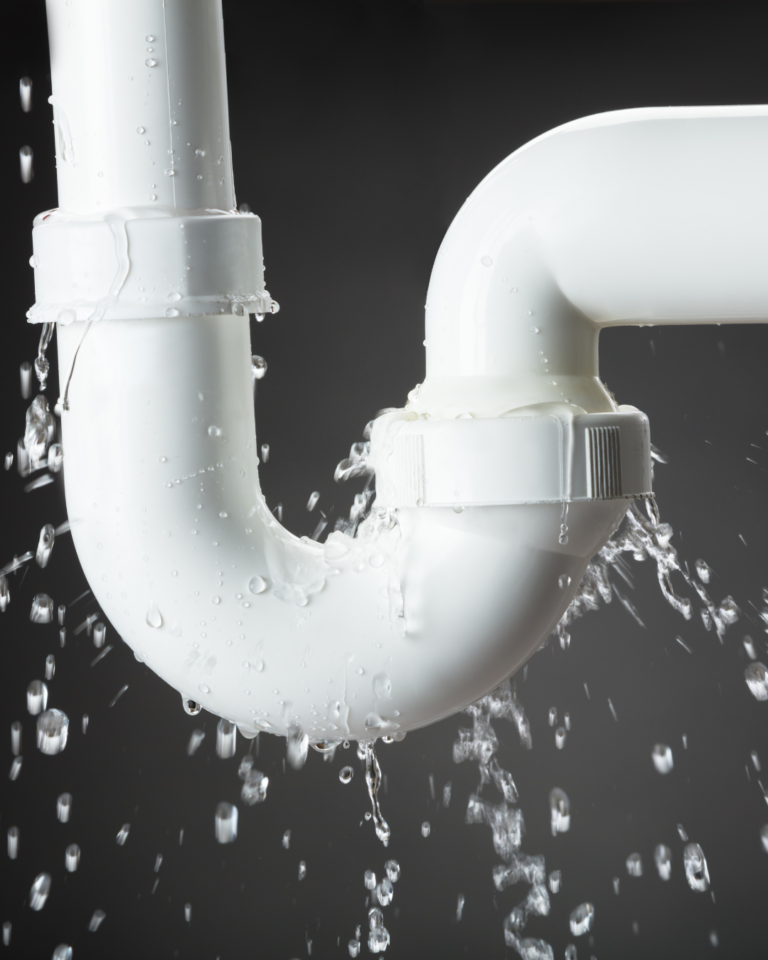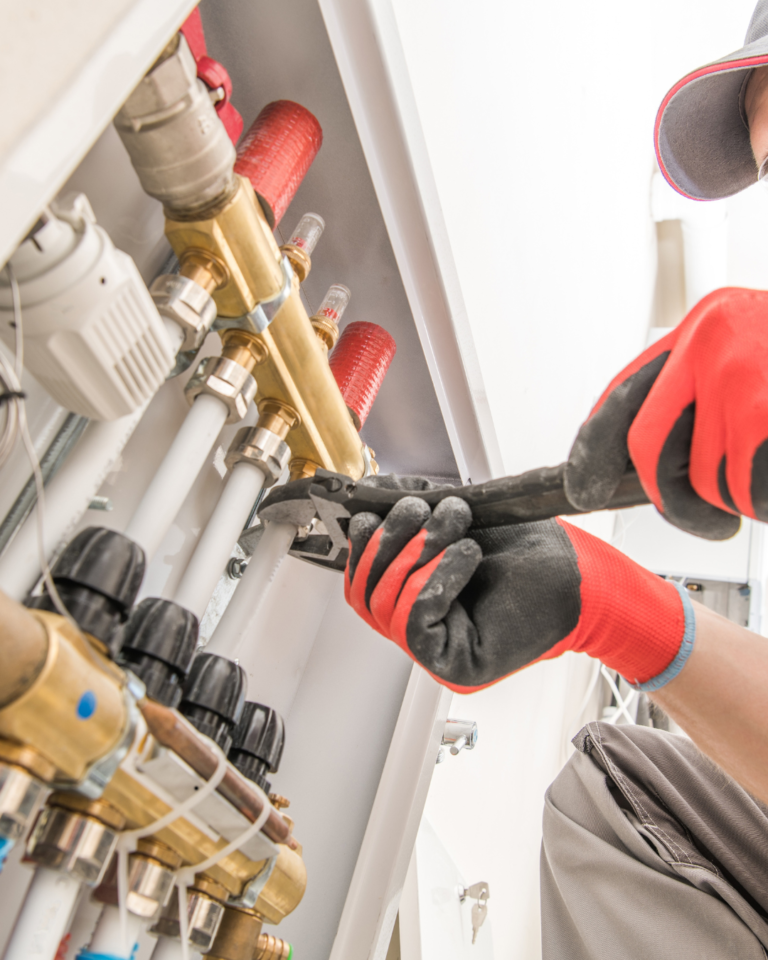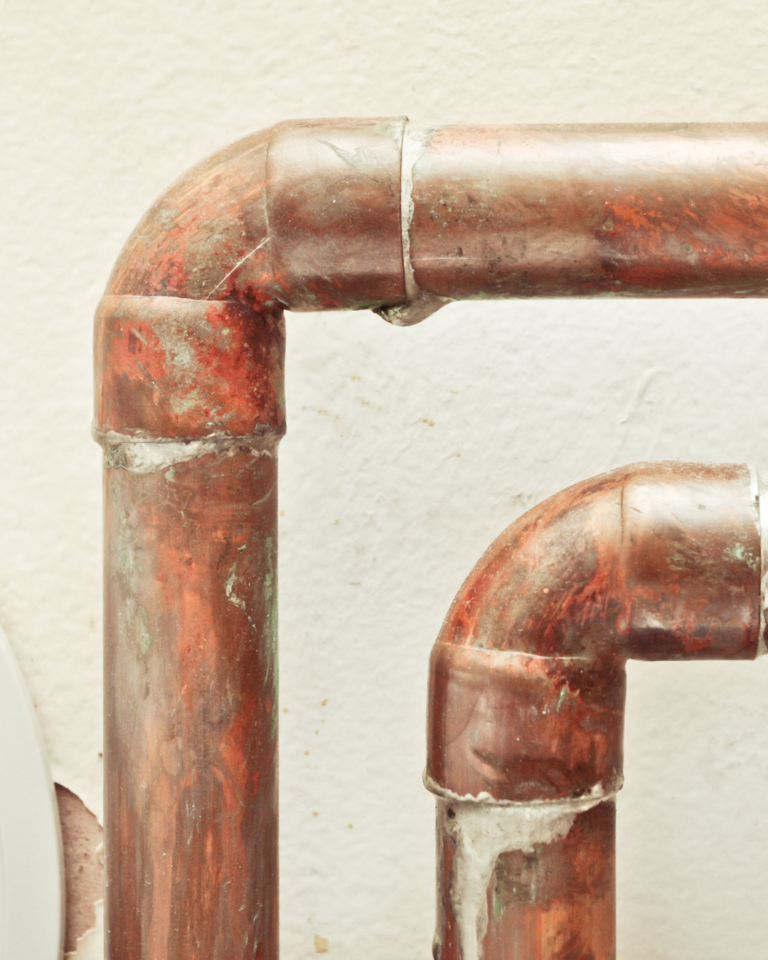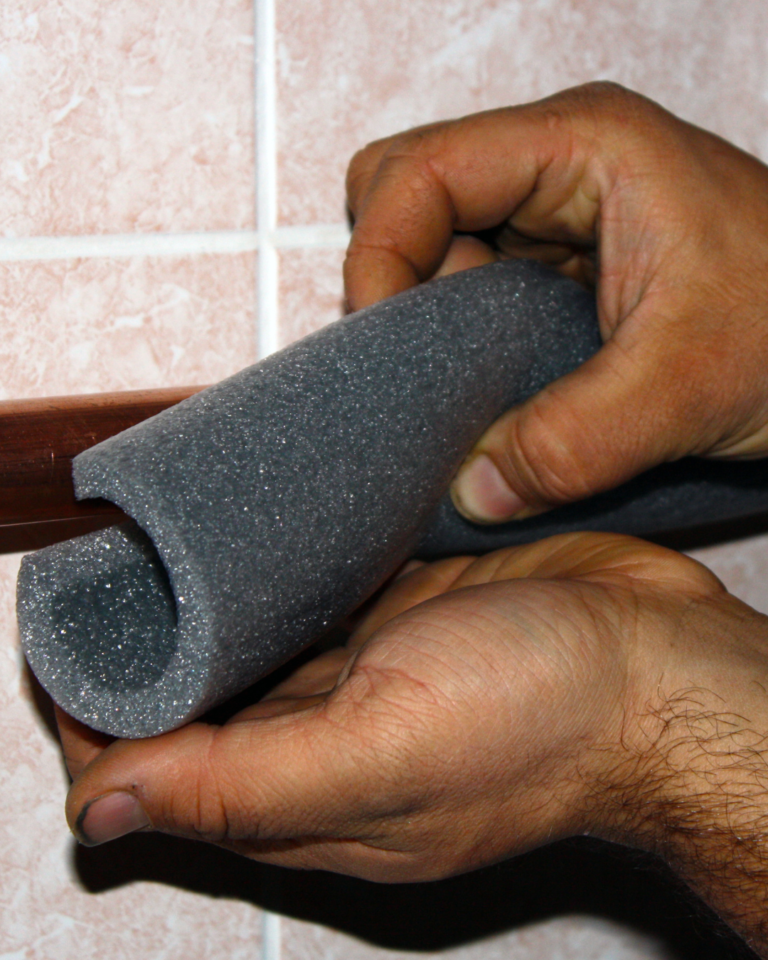by Ben Wanner of Pro Service Mechanical

Should you have the fan setting on your thermostat set to “On” or “Auto” this cooling season? Rather than giving you a definitive answer we can say that there are pros and cons to both settings and it can depend on your individual situation for cooling or heating.
It is important to note that just because you have an on/auto switch on your thermostat does not mean that your central heating/cooling system will run the fan in the “on” position. The first step is to turn to fan to the “on” setting when the system is not running. The fan should come on right away. If it does not, than this is not an option for you currently. Once you have confirmed that you have a useable “on” setting, we will discuss what the difference is between the two.
Auto Mode
- Cooling
When your fan is set to auto in cooling mode, your fan will come on with the air conditioner until the thermostat gets to the desired temperature and then shut off.
- Heating
In heating mode the auto setting will have the fan come on after the burner has been running for a while. After the burners shut off the fan will continue to run for awhile and then shut off.
On Mode
“On” means on, the fan runs continuously unless you shut it off or go back to “Auto” mode.
- some older furnaces
It should be noted that some older furnaces have a continuous mode control for the fan directly on the high limit switch of the furnace. These look something like this and they usually have a white push/pull knob to run the fan on “Auto” or “On”. They will be behind the door of the furnace above the burner compartment in most cases.

The Pros Of Using “Auto”
- reduced electrical usage
- minor improvement in dehumidification in cooling mode
Cons Of Using “Auto”
- less filtration of the house air
- possible issues with hot and cold zones in different areas of the house (uneven levels of comfort)
Pros Of Using “On”
- more filtration of air
- more even temperatures throughout the house
Cons Of Using “On”
- increased electrical usage
- minor reduction of dehumidification in cooling mode
- may not be necessary with many multistage heating and cooling systems
When To Use “On”
If you notice varying degrees of temperature in different rooms or levels in your home, the “On” setting will likely make a big difference. It should circulate the air through your home and even out the temperatures in the rooms.
When To Use “Auto”
If your home has even heating and cooling throughout and is comfortable on “Auto” then I would suggest leaving it on that setting. Also high efficiency furnaces with multistage heating and DC variable speed fans typically run longer at lower capacity and lower speed, which can help even out the temperatures throughout the house. In this case using “Auto” will usually work best.
Environmental And Financial Considerations
If you have an older furnace with a standard AC motor and/or a belt drive you may want to consider the following before leaving your furnace fan in the “On” position. Older fan motors left on throughout a heating or cooling season will use a lot more electricity. This will cost you more money and will have an environmental impact. You may consider upgrading your equipment to a furnace fan with a DC variable speed motor. This will save you on your electrical bill and your gas bill as well. We can see the following estimated energy use from these furnaces with the fan left on continuous during the winter. This graph is courtesy of SaskEnergy.
Looking for AC Service Or A New Cooling And/Or Heating System At Your Home?
Pro Service Mechanical has some great deals on air conditioning tune-ups and new cooling system installations. Click on the images below to find out more.
If you have any other questions or concerns about Cooling, Heating or Plumbing call the pros from Pro Service at 306-230-2442. We have 24/7 365 emergency service and we are always here to help.









